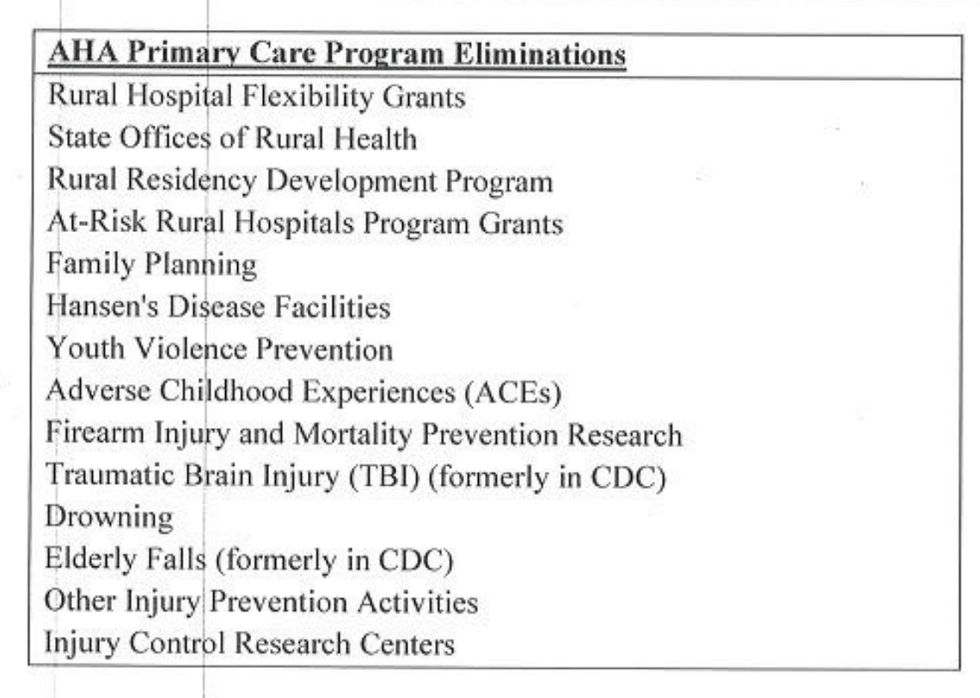As the Houthis did not disclose victims' combatant status and U.S. Central Command (CENTCOM) refused to answer questions about civilians killed in the strikes, it is unclear how many noncombatants were among the dead and wounded.
Video footage recorded in the strike's aftermath shows rescue workers uncovering the body of a small child found amid the rubble while a woman shrieks, "Let it be a dream!"
In what were likely the deadliest U.S. attacks on Yemen since U.S. President Donald Trumplaunched the current bombing campaign last month, at least 80 people including dozens of workers were killed and more than 150 others wounded in a series of Thursday airstrikes on the Ras Isa oil port on the Red Sea north of Hodeidah, according to the Hodeidah Health Office.
Al Jazeerareported that the first four U.S. strikes on the port happened while people were still working. Officials said first responders including paramedics and rescue workers who rushed to the scene were killed in subsequent strikes, known as "double taps" in military parlance.
"They targeted a civilian side over there; as you can see, the casualties are all civilians who had worked at this facility," one first responder
toldSky News as he gestured toward flaming ruins.
Officials also raised concerns over possible oil leaks into the Red Sea.
CENTCOM
said Thursday that ships have continued to supply fuel to the Houthis via the port of Ras Isa—which is the terminus for Yemen's main oil pipeline—despite the group, whose official name is Ansar Allah, being designated a terrorist organization by the Trump administration in March.
"U.S. forces took action to eliminate this source of fuel for the Iran-backed Houthi terrorists and deprive them of illegal revenue that has funded Houthi efforts to terrorize the entire region for over 10 years," CENTCOM said, adding that "this strike was not intended to harm the people of Yemen."
United Nations Secretary-General António Guterres "is gravely concerned about the airstrikes conducted by the United States over the course of April 17th and 18th in and around Yemen's port of Ras Isa, which reportedly resulted in scores of civilian casualties, including five humanitarian workers injured," spokesman Stephane Dujarric
said on Saturday.
The Geneva-based Euro-Mediterranean Human Rights Monitor
said Friday that "the use of heavy ordnance against a known civilian facility suggests a deliberate disregard for the risk of mass casualties, explaining the high death toll and raising serious suspicions of a blatant violation of the principles of distinction, proportionality, and precaution under international humanitarian law."
"The targeted facility was civilian, and the civilian harm caused is grossly disproportionate to the declared military advantage of weakening the Houthis' economic base," the group added. "The use of force against such infrastructure, especially without clear necessity, inflicted severe harm on civilians and further debilitated Yemen's fuel import capabilities."
U.S. forces have been bombing Yemen since the administration of George W. Bush, who launched the open-ended War on Terror in response to the September 11, 2001 attacks. There have also been occasional U.S. ground raids in Yemen, including one in January 2017 that
killed Nawar al-Awlaki, an 8-year-old American girl whose father and brother were killed in separate U.S. drone strikes during the Obama administration.
According to the U.K.-based monitor Airwars, U.S. forces have killed hundreds of Yemeni civilians in 181 declared actions since 2002. Overall, hundreds of thousands of Yemenis have died during the civil war that began in 2014, with international experts attributing more than 150,000 Yemeni deaths to U.S.-backed, Saudi-led bombing and blockade.
The Pentagon only acknowledges 13 civilian deaths caused by U.S. military action in Yemen. The Trump administration has been particularly tight-lipped about civilian casualties resulting from its operations, a stance some critics have called ironic given that top administration officials
shared highly sensitive plans for attacking Yemen on a Signal group chat in which a journalist was inadvertently included. Calls for Defense Secretary Pete Hegseth's resignation grew following Sunday's revelation that he shared Yemen war plans in a second Signal chat group that included his relatives and personal attorney.
On Saturday, Houthi spokesperson and senior political officer Mohammed Al-Bukhaiti
vowed that "our military operations will continue as long as the genocide in Gaza persists and the siege on its people remains."
Since October 2023, Houthi forces have launched at least scores of mostly unsuccessful missile attacks on Israel-linked shipping, U.S. warships, and Israel itself in solidarity with Gaza.
Israel's 563-day war on Gaza, which is the subject of an International Court of Justice
genocide case and is the impetus behind International Criminal Court arrest warrants for Israeli Prime Minister Benjamin Netanyahu and former Israeli Defense Minister Yoav Gallant—has left more than 182,000 Palestinians dead, maimed, or missing and millions more forcibly displaced, starved, and sickened, according to the Gaza Health Ministry.





